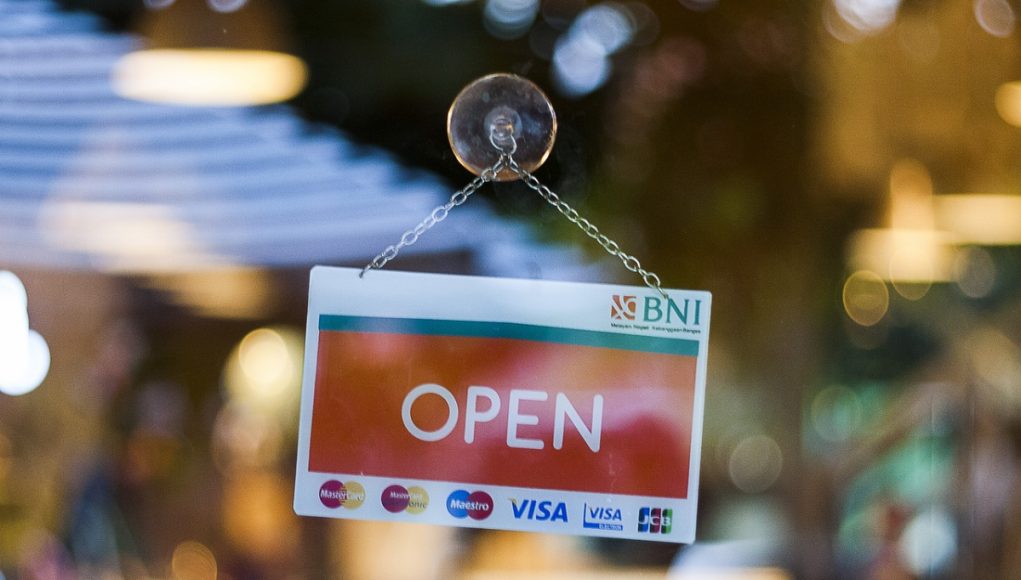Last September, Massachusetts Governor Charlie Baker, urged the public health council to set in place a four month statewide ban on the sales of all vaping devices. “I’m officially declaring a public health emergency in the Commonwealth due to severe lung disease associated with the use of e-cigarettes and marijuana-infused vaping products,” he said during a press conference.
In response to this, the Vapor Technology Association (VTA) had filed a lawsuit in the U.S. District Court in Boston against Gov. Charlie Baker (R-MA) and Public Health Commissioner Dr. Monica Bharel, for damages being caused by the four-month ban on vape products and devices, including marijuana and nicotine.
A ruling by Suffolk County Superior Court Judge Douglas Wilkins in Boston, did not halt the ban, however, it did say that Baker had likely overreached his authority in issuing the order. The judge had added that unless the ban was amended it would be blocked, and it had been given until the 28th October to be reissued.
H4183
Subsequently the amended H4183 was approved by a vote of 127 to 31, and the state Senate is expected to consider it next week. The bill states that “a person who knowingly purchases or possesses an electronic nicotine delivery system not manufactured, purchased or imported by a licensed electronic nicotine delivery system distributor or licensed electronic nicotine delivery system retailer shall…be subject to a civil penalty of not more than $5,000 for the first offense and not more than $25,000 for a second or subsequent offense.”
Besides a harsh 75% tax and a flavour ban, the bill will also allow police to seize vehicles in which they find untaxed vaping products. A police officer who “discovers an untaxed electronic nicotine delivery system in the possession of a person who is not a licensed or commissioner-authorized electronic nicotine delivery system distributor may seize both the product and the ‘receptacle’ in which it is found, “including, but not limited to, a motor vehicle, boat or airplane in which the electronic nicotine delivery systems are contained or transported.”
New nicotine restrictions
More importantly, the state officials’ action also means that convenience stores, gas stations, liquor stores and other licensed tobacco retailers will be able to resume selling non-flavoured vaping and tobacco products.
“From a public health point of view, we cannot recommend anybody use e-cigarette or vaping products at this time,” said State Public Health Commissioner Monica Bharel after the votes. She added that retailers will be able to resume sales once they put up new signs explaining the new state restrictions, the health risks of vaping and information about tobacco cessation services.
Just like tobacco products, retailers will also have to place vaping products behind the store’s counter. Additionally, they will need to ensure that any vaping products for sale in their stores have a nicotine concentration of less than 35 milligrams per milliliter of e-liquid. Any products containing higher nicotine concentrations, such as certain Juul pods, will be restricted to stores that restrict entry for people under the age of 21.
Read Further: U.S. News








